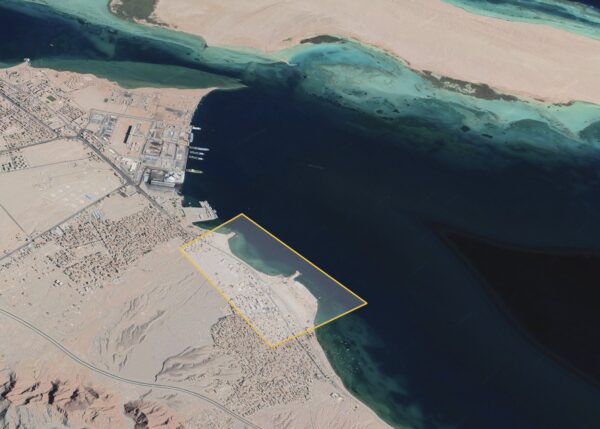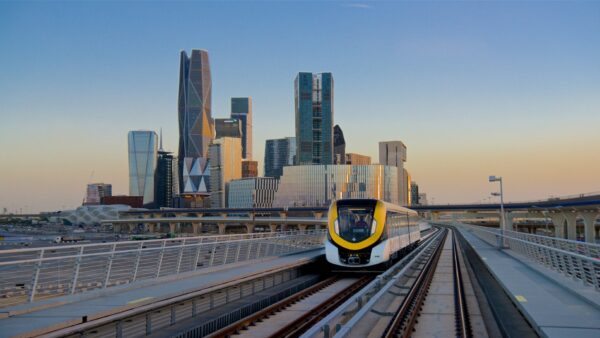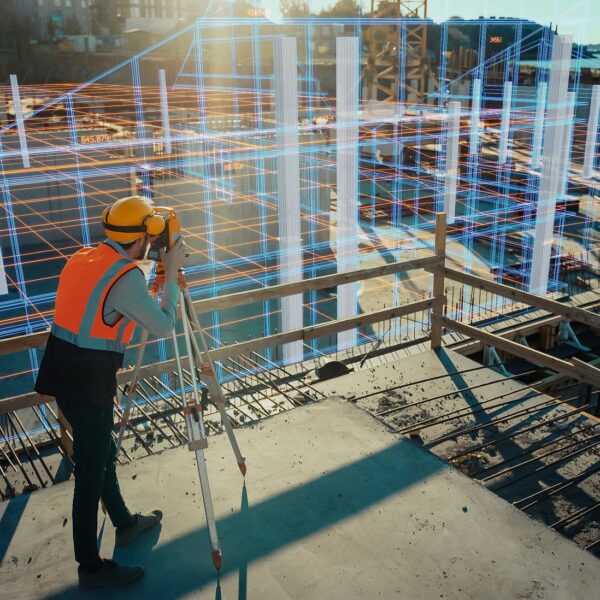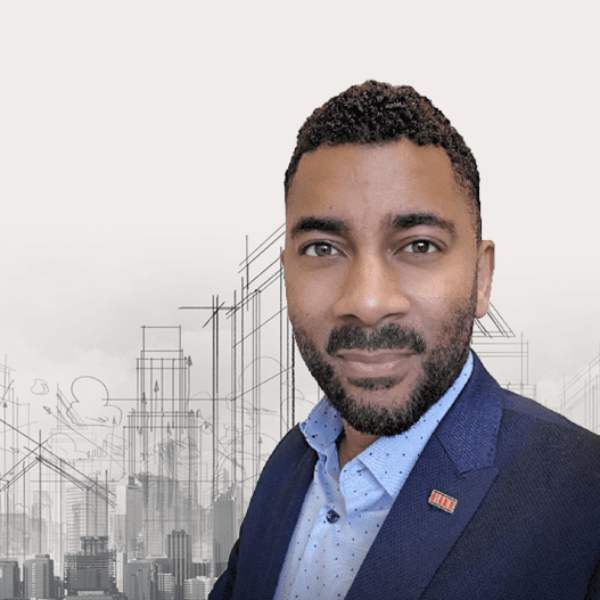
November 23, 2024 | Articles

Brazil is home to prospective deep water crude oil resources that lie in its ‘subsalt’ geological formation, including the giant offshore Tupi field with estimated recoverable reserves of 5 billion to 8 billion barrels of oil. Yet, the Latin American nation has not spared any efforts to develop alternate sources of energy, with top on the list being wind farms.
“Wind farm represents 6.3% of the total energy mix in Brazil. For the future, the intention is to have 19 GW (giga watts) by 2019, representing 10% of the energy mix,” said Marcelo Herrmann, a director with Hill International in Brazil. The current installed capacity of wind farms in Brazil is 8.9 GW, he said. The genesis of developing windfarms in Brazil by Hill can be traced back to 2005 when the federal government rolled out a program of incentives called ‘Proinfa’ or Programa de Incentivo as Fontes Alternativas de Energia Eletrica. “We were invited to provide management services for wind farms by a company that knew us and knew our experience of managing other constructions. Two regions are favorable for the implementation of wind farms: the Northeast and the South, because they have adequate winds for power generation,” Herrmann said. Hill International has carried out several wind farm projects in Brazil since then and it is currently managing the completion this summer of the Wind Complex Tianguá, located in northeastern Brazil. Owned by the Casa dos Ventos group, the complex is composed of five parks and 77 wind turbines with a total of 130.13 MW (megawatts) of installed capacity that are located in the municipalities of Tianguá and Ubajara, in the state of Ceará. Civil works and installation of wind turbines, which started in June 2015, are in the final stages of assembly and the start of commissioning.
Hill International is providing management and supervision of civil works, electro-mechanical assembly, commissioning and implementation of wind turbines services for the project with the focus being on maintaining deadlines, quality and costs. The type of construction for Tiangua involves complex management, considering the interface and simultaneous nature of different specialties, both in engineering and in the environmental area, Herrmann said, noting the implementation of a wind farm project like this is shorter than a year, and the complexity of the activities performed by contractors is high level. “The Hill team closely controlled these activities, both in timing and in quality. This control makes it possible to visualize potential risks and ensure the simultaneous nature of the transactions involved in the final quality,” he said. While there are still no definitive figures on the volume of total investments in Brazil’s wind farm sector, it is the private sector through energy auctions of the government that have been the main source of project activity so far. “We can say that the main player, which has a significant volume of investments is one of our customers: CVER. The other players include Tractebel, ENEL, EDF, CER, RENOVA and EDP to name a few,” Herrmann said. The business and revenue model for investors is based on then taking part in the energy auctions and setting a rate that makes their bid competitive. Also, the government for its part provides exemptions of two taxes known as PIS and COFINS, Herrmann explained.
As a project manager and construction supervisor, the biggest challenge that Hill has to deal with while implementing wind farm projects in Brazil are those that come from environmental and archaeological licensing, which eventually ends up in delaying the start of construction works. “We have assisted our clients to plan these processes. In the execution, the challenges are the deadlines for the supply of wind turbines and electromechanical equipment. To solve this problem, in the contracting stage we developed a plan,” he said. Also, given Hill’s experience in this sector the emphasis is on the need for planning to be completed at the early stages of project studies in order to obtain work permits on time. “It is necessary to make a complete hiring planning, that gives the customer quality, time and a project within budget,” Herrmann said.
Hill’s policy paid off in 2008 when the company received a contract from Multiner to provide construction management services for Alegria Wind Farm, located in the city of Guamaré, in Brazil. The complex consists of two wind farms: Alegria I Wind Farm, with 31 turbines of 1.65 megawatts of installed capacity each and 51.15 megawatts of total power; and Alegria II Wind Farm, with 61 turbines of 1.65 megawatts of installed capacity and 100,65 megawatts of total power. Alegria I Wind Farm started commercial operation in late 2010 and upon completion, is one of the largest wind farms in Brazil. “Including Alegria and wind farms in operation and under construction, Hill International has managed and is still managing approximately 3 GW in the country, which represents a number of 17% of Brazil’s “in operation” and “in construction” power capacity”, said Marcelo.
Given the continuing low oil price environment, investments in Brazil’s offshore crude oil sector are unlikely to pick up momentum soon, opening the door for development of new alternative energy resources. “The business of building wind farms in Brazil is an attractive one that out weighs the challenges. And even with the typical challenges that wind farm projects face, yet wind power is an important part of Brazil’s energy mix. There are lots of good locations where turbines can be built with lower costs compared with offshore sites,” Herrman said. With Hill International already having deep roots in Brazil and also established a credibility of successfully carrying out wind farm projects, the expectations will be to achieve even greater heights.
by Ashok Dutta
Share

November 23, 2024 | Articles

November 15, 2024 | Articles
The Ruiz Picasso 11: Delivering Sustainability in the Heart of Madrid

November 13, 2024 | Articles
Hill International Takes Riyadh Metro Project to Finish Line

November 11, 2024 | Articles

November 3, 2024 | Articles
Negotiating Success: Hill Contract Administrator Christine Prettyman

October 22, 2024 | Articles
Walking the Talk: New Vice President, Rail and Transit Gavin Martin

October 18, 2024 | Articles
Future-Proofing Projects: Janakiram VVS Talks India’s Digital Transformation

October 14, 2024 | Articles
Weathering the Storms Part 3: Resiliency Support for Investor-Owned Utilities

October 12, 2024 | Articles
Growing Greener Healthcare: The SNF Global Health Initiative

October 9, 2024 | Articles